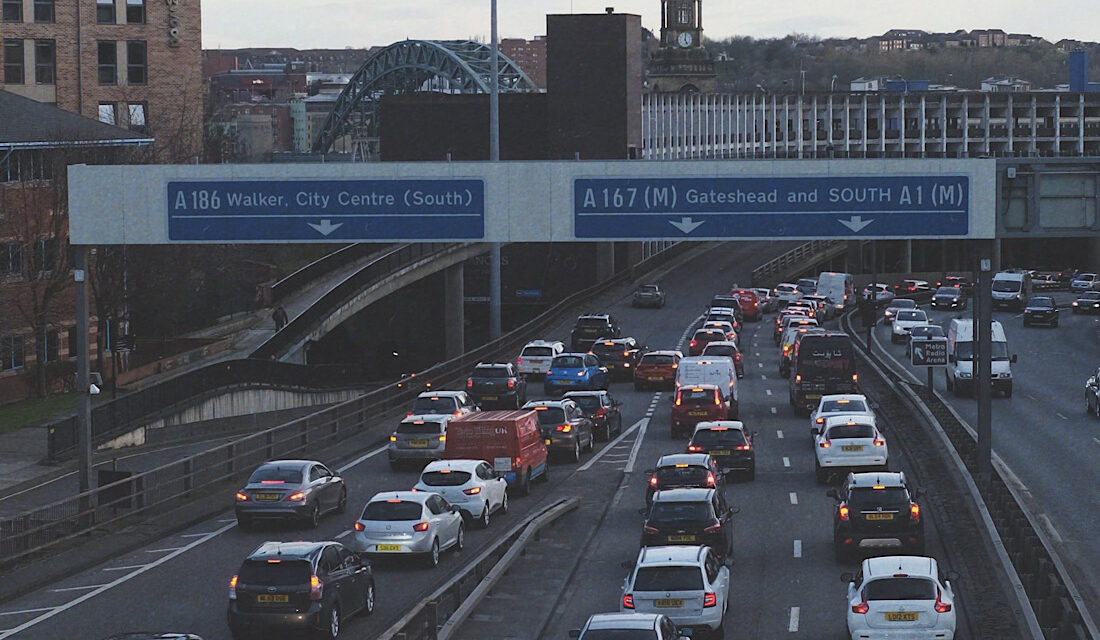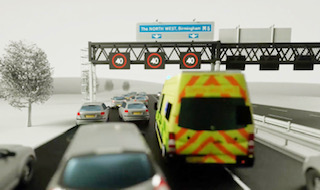The concept of Smart Motorways is unique and modern. Touted as a revolutionary mechanism to keep traffic flowing and ease congestion, these roads use the latest technologies to monitor the flow of traffic and provide real-time information to motorists. However, in recent months, the UK government has been earmarking the removal of Smart Motorways across the Midlands – raising concerns amongst motorists and environmental activists.
Smart Motorways use various techniques to prevent unnecessary congestion and are said to promote safer driving. Emergency refuge areas are strategically placed and monitored by CCTV cameras to ensure maximum safety. Furthermore, speed cameras are employed to manage the speed of motorists, and advanced signage is used to communicate with drivers in real-time.
Despite its many advantages, the concept of Smart Motorways has come under scrutiny following a spate of accidents in recent years. These accidents have led to the deaths of motorists who were stranded in lanes with no escape routes. Some of these fatal accidents were caused by lack of awareness of the rules of the motorway, and others by the failure of technology systems deployed.
In 2019, the total length of Smart Motorways in the UK stood at 416 km. Among them, around 80 km of motorway sections operate without a hard shoulder, meaning that in case of breakdown or any other issue, drivers must pull over into the live lane. This creates a serious risk scenario where there is no escape route for stranded drivers – leading to a potentially fatal situation.
The removal of Smart Motorways, therefore, is a welcome move as it will prevent further loss of life. The Department of Transport has announced the conversion of some of the Smart Motorways into traditional motorways with a hard shoulder – a move desired by many motorists and environmentalists. However, this move has also received criticism from both the public and transport experts.
Critics argue that the conversion process of Smart Motorways into traditional ones will cause more traffic congestion, leading to more pollution and environmental damage. They also argue that the cost of conversion will be high and would be better spent on improving public transport facilities within the region.
In summary, Smart Motorways are a highly innovative development in the transport sector. They use cutting-edge technology to monitor the flow of traffic, provide real-time information to motorists, and prevent unnecessary congestion. However, the risks associated with these motorways cannot be ignored, resulting in the UK government earmarking the removal of Smart Motorways across the Midlands. While this move has been welcomed by many, there is still a debate on the best approach to alleviate congestion and ensure public safety without deteriorating environmental conditions.


















